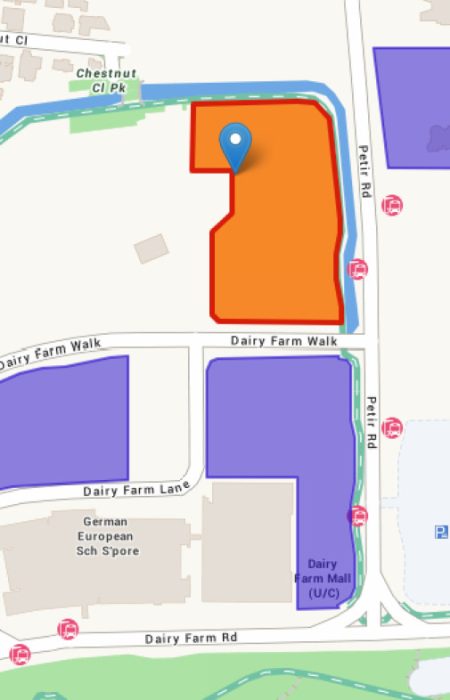Introduction
In a significant move for the Japanese property market, Samty Co., Ltd., a leading real estate developer and asset manager, has sold two multifamily investment pools worth JPY49 billion. The transaction highlights the continued strength of Japan’s rental housing sector, which remains a preferred asset class for both domestic and international investors.
The sale not only strengthens Samty’s capital position but also reflects wider investor confidence in multifamily residential properties, a sector that has demonstrated resilience amid global economic uncertainties.
1. Overview of the Transaction
- Seller: Samty Co., Ltd., a major Japanese developer specializing in residential and hotel assets.
- Assets Sold: Two investment pools consisting of multifamily residential properties spread across key urban locations.
- Transaction Value: Approximately JPY49 billion (~USD330 million).
- Buyers: Institutional investors (details undisclosed), highlighting strong appetite for stable, income-generating assets.
This sale allows Samty to recycle capital into new projects, while investors gain access to reliable rental income streams.
2. Why Multifamily Assets are in Demand in Japan
The Japanese multifamily residential sector has become one of the most sought-after real estate segments globally. Key reasons include:
- Stable rental demand: Driven by urbanization, aging population, and smaller household sizes.
- Low vacancy rates: Especially in Tokyo, Osaka, and Nagoya, where rental housing remains in constant demand.
- Defensive asset class: Provides stable cash flow even during economic downturns.
- Foreign investor appeal: Japan’s low interest rate environment makes rental housing an attractive investment compared to other global markets.
3. Samty’s Strategy Behind the Sale
Samty has been actively reshaping its portfolio to maintain financial flexibility and strengthen its investment trust business.
- Capital recycling: Proceeds from the sale will likely be redeployed into new residential and hotel developments, supporting growth in Samty’s pipeline.
- Portfolio optimization: By selling mature assets, Samty can focus on high-growth opportunities and maximize returns.
- Investor partnerships: The deal also strengthens Samty’s reputation as a reliable partner for institutional investors.
4. Market Implications of the Sale
The JPY49 billion deal sends important signals to the Japanese and regional real estate market:
- Continued investor confidence in Japan’s multifamily sector.
- Price benchmark setting—large-scale transactions like this establish valuation standards for future deals.
- Capital inflow from overseas investors seeking stability amid global market volatility.
- Positive outlook for real estate investment trusts (REITs) and funds targeting Japanese multifamily housing.
5. Multifamily Sector Outlook in Japan
The outlook for the multifamily market remains positive:
- Rental demand growth: With urban migration and a declining homeownership trend, rental housing demand will remain strong.
- Foreign investor interest: Pension funds, private equity, and REITs continue to target Japan as a safe-haven market.
- Sustainability factors: Developers and investors are increasingly focusing on energy-efficient, ESG-compliant buildings.
- Yield stability: While cap rates are compressing, multifamily assets still offer better stability compared to offices or retail.
6. Key Takeaways for Investors
- Diversification: Multifamily assets provide steady income and reduce risk in a mixed-asset portfolio.
- Liquidity: Large institutional demand makes multifamily assets easier to trade.
- Long-term growth: With demographic shifts and lifestyle changes, multifamily housing will remain a core real estate segment.
Conclusion
Samty’s JPY49 billion divestment of two multifamily investment pools is more than just a corporate transaction—it reflects the resilience and attractiveness of Japan’s rental housing market.
For Samty, the sale provides fresh capital to fuel growth in new developments. For investors, it signals that multifamily assets remain a cornerstone of Japan’s property market, offering stability, income, and long-term potential.











